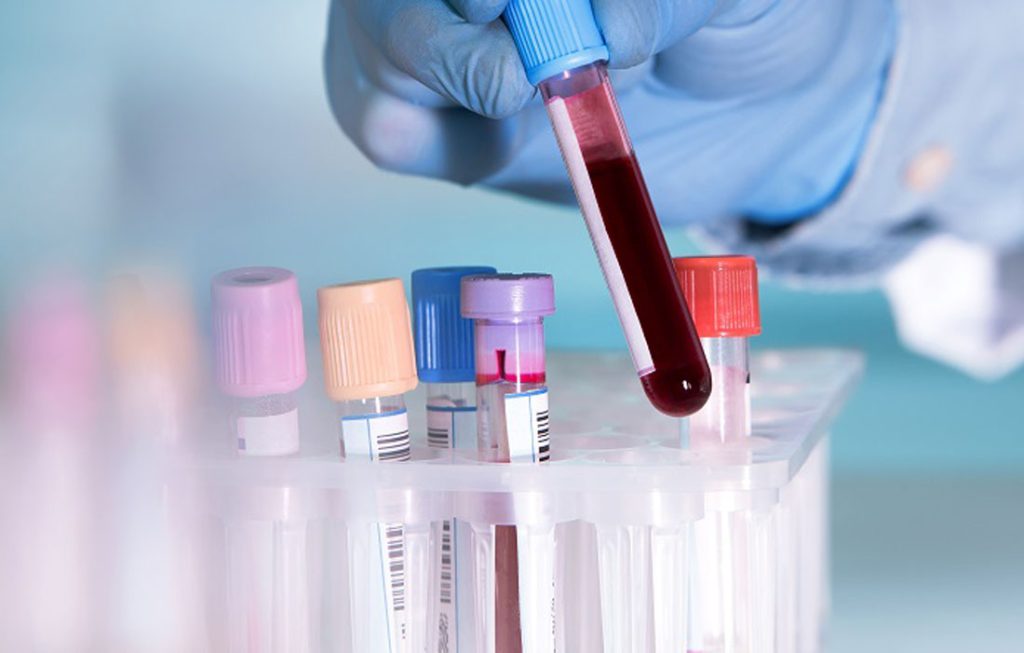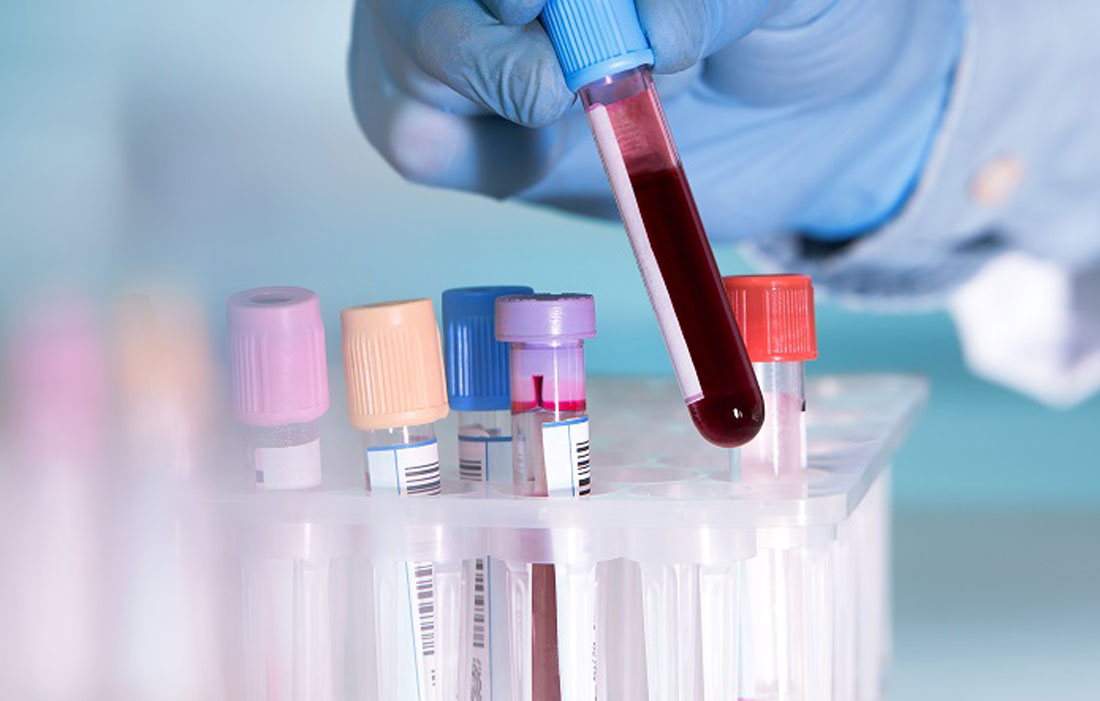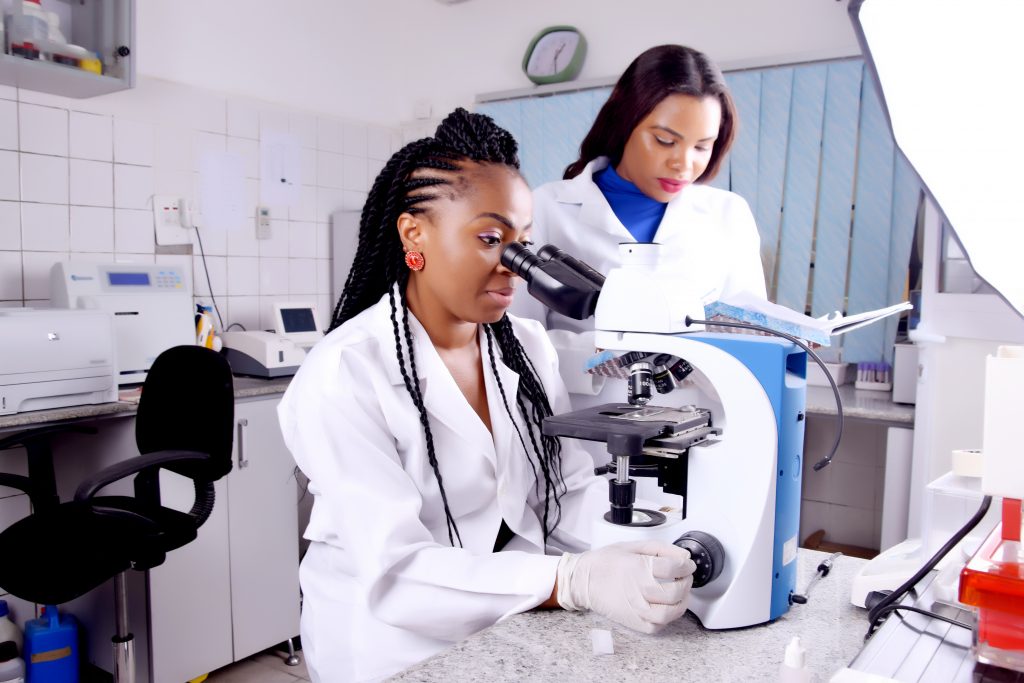
Welcome to the Alfrose Medical Laboratory Services blog! Today, we dive into the fascinating world of haematology – a vital field of medical science that plays a crucial role in diagnosing and treating various blood disorders and diseases.
What is Haematology?
Haematology is the branch of medicine that focuses on the study of blood, blood-forming organs, and blood diseases. It encompasses the examination of blood cells, hemoglobin, blood proteins, bone marrow, platelets, and the coagulation process. Specialists in this field, known as haematologists, are essential in diagnosing and managing conditions ranging from anemia to blood cancers.
The Importance of Haematology
Blood is a vital fluid in our bodies, performing essential functions such as transporting oxygen and nutrients, removing waste products, and protecting against infections. Understanding the components and behavior of blood is critical for maintaining overall health and diagnosing a wide array of medical conditions.
Key Areas of Haematology
- Blood Cells: Haematologists study the three main types of blood cells:
- Red Blood Cells (RBCs): Responsible for carrying oxygen from the lungs to the rest of the body and returning carbon dioxide for exhalation.
- White Blood Cells (WBCs): Part of the immune system, they help protect the body against infections.
- Platelets: Small cell fragments that play a crucial role in blood clotting and wound healing.
- Blood Disorders: Common blood disorders include:
- Anemia: A condition characterized by a deficiency of red blood cells or hemoglobin, leading to fatigue and weakness.
- Leukemia: A type of cancer that affects white blood cells.
- Lymphoma: Cancer that begins in the lymphatic system, often affecting lymphocytes (a type of WBC).
- Thrombocytopenia: A condition involving a low platelet count, leading to increased bleeding and bruising.
- Coagulation: Haematologists also study the clotting process to diagnose and treat bleeding disorders such as hemophilia and thrombosis.
Diagnostic Techniques in Haematology
Modern haematology relies on various diagnostic techniques to accurately assess and monitor blood health:
- Complete Blood Count (CBC): A common test that measures the levels of RBCs, WBCs, and platelets, providing a comprehensive overview of overall blood health.
- Blood Smear: A test where a drop of blood is examined under a microscope to detect abnormalities in blood cells.
- Bone Marrow Biopsy: A procedure that involves taking a small sample of bone marrow to diagnose conditions affecting blood cell production.
- Coagulation Tests: Tests like the prothrombin time (PT) and activated partial thromboplastin time (aPTT) measure the blood’s ability to clot.
Advances in Haematology
The field of haematology is continually evolving, with advancements in research and technology improving diagnostic and treatment options. Innovations such as genetic testing, targeted therapies, and personalized medicine are paving the way for more effective and individualized patient care.
At Alfrose Medical Laboratory Services, we are committed to providing comprehensive haematology services to ensure accurate diagnosis and effective treatment of blood-related conditions. Our team of experienced haematologists and state-of-the-art laboratory facilities are dedicated to delivering the highest standards of care.
Stay tuned to our blog for more insights into the world of medical science, and feel free to contact us for any haematology-related inquiries or to schedule a consultation.
Your health is our priority!
Feel free to reach out to Alfrose Medical Laboratory Services for more information about our haematology services or to book an appointment. We’re here to support your journey to better health!


Hi, this is a comment.
To get started with moderating, editing, and deleting comments, please visit the Comments screen in the dashboard.
Commenter avatars come from Gravatar.